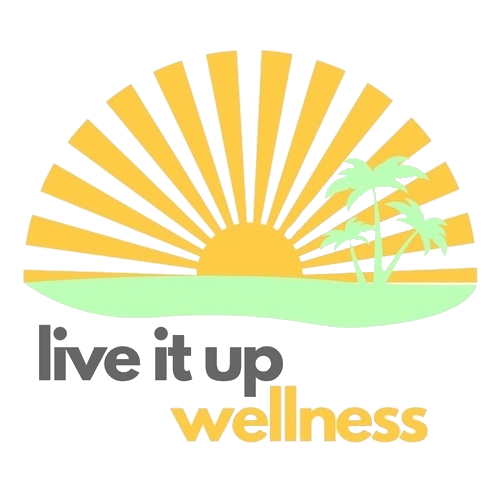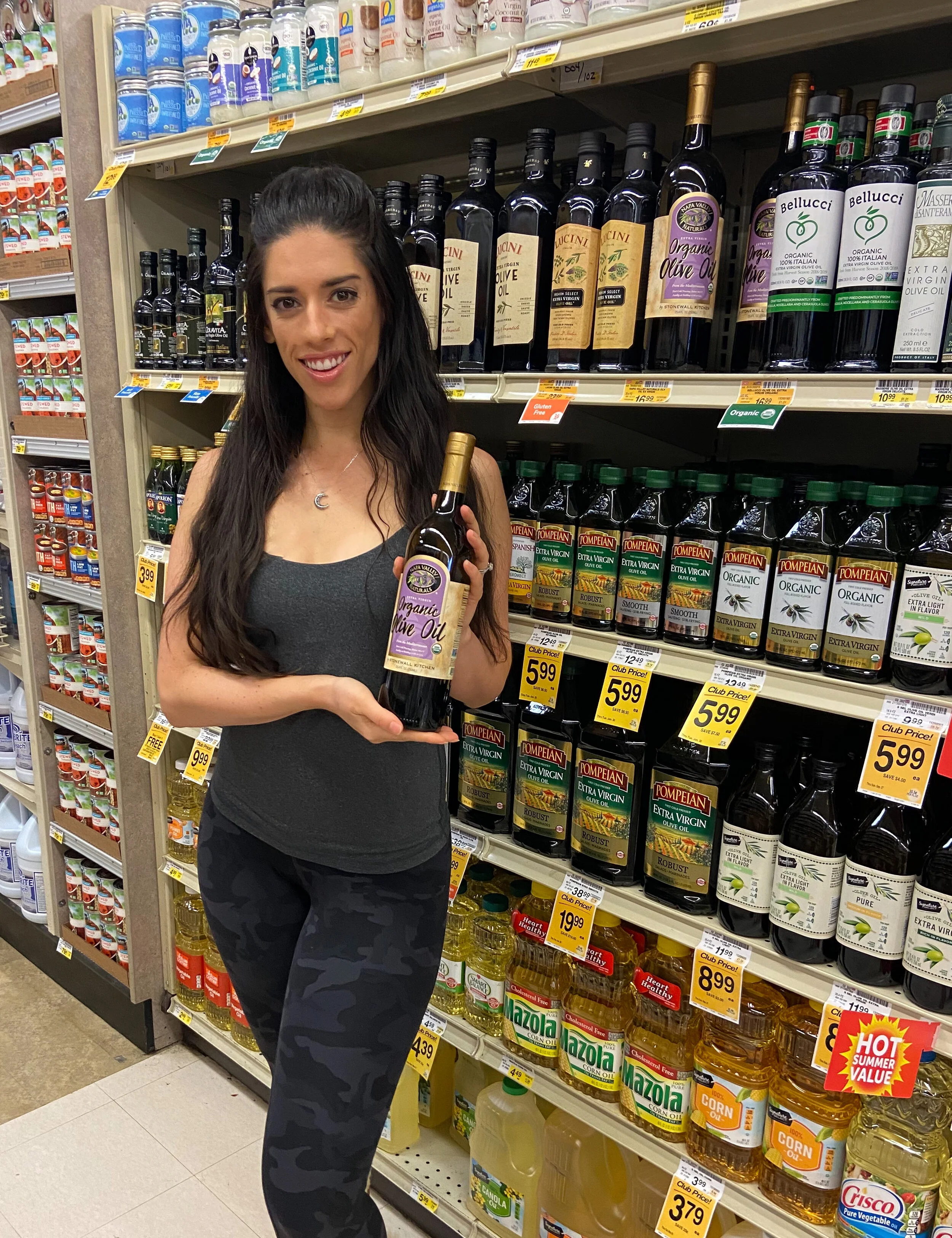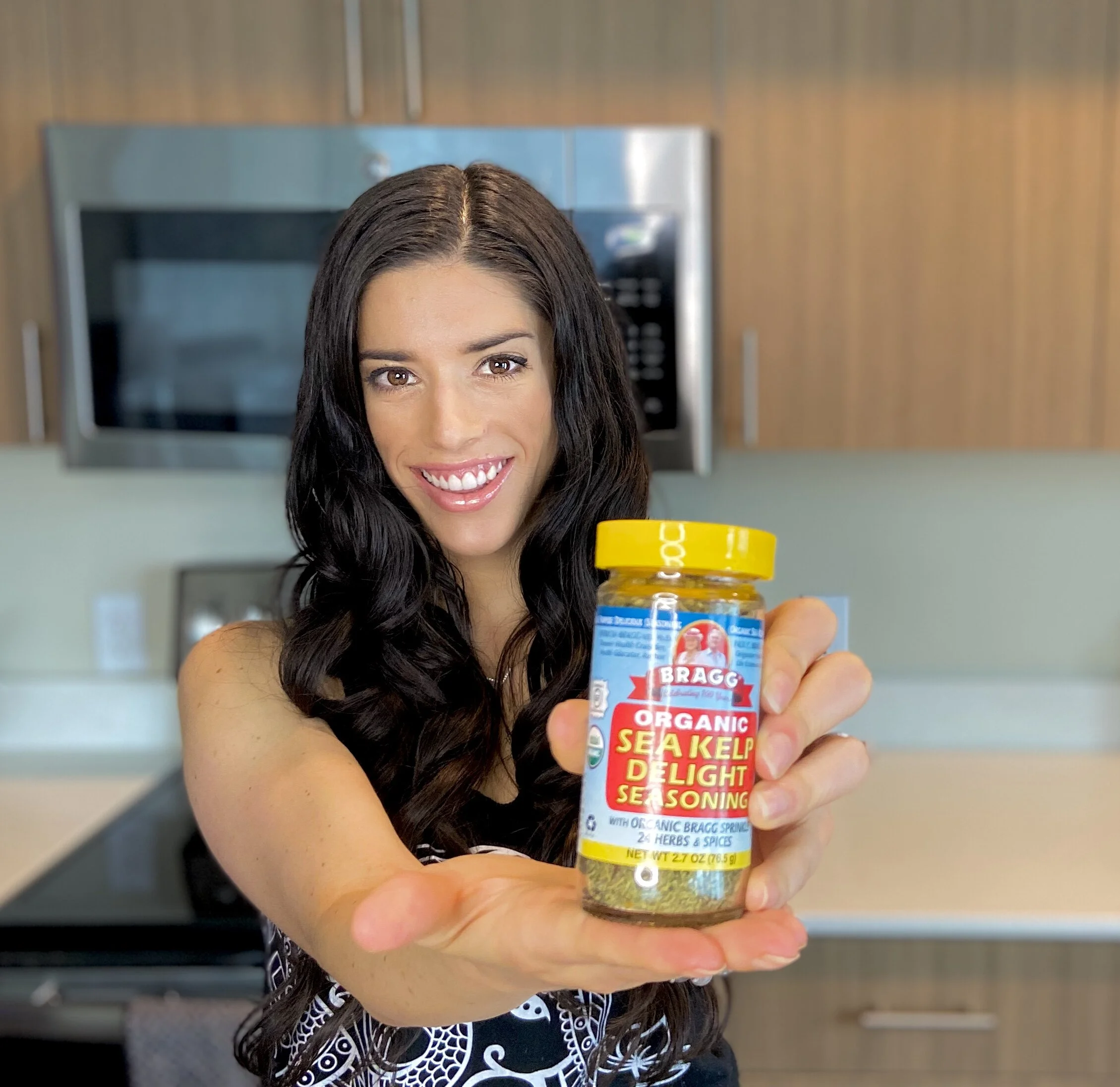Did you know that there are healthy and unhealthy cooking oils? Some cooking oils are full of wonderful health benefits… And some promote disease. It’s important to know which oils are good for you and which oils you should avoid.
Unfortunately, the oils that need to be avoided tend to be in most packaged foods. Check the ingredients on a lot of pre-packaged food labels in your kitchen and you’ll likely find canola oil. Why? Because it’s cheaper to produce and has a longer shelf life.
Continue reading to learn more about healthy and unhealthy oils to help you make the best choices at the grocery store.
Common unhealthy cooking oils to avoid:
Vegetable oil
Canola oil
Sunflower oil
Safflower oil
Cottonseed oil
Soybean oil
Corn oil
You may be asking “but what makes these unhealthy?” These oils are obtained using toxic chemical extraction and processing techniques to make them bright, clear, and pretty on the shelves. They are also usually produced from GMO plants that are sprayed with glyphosate.
Photo: Daniel Acker/Bloomberg
The chemical extraction process to make these “unhealthy” oils generally looks like this:
1. After the seeds, kernels, etc. are obtained and cleaned, they get ground up and pressed, which will release around half the available oil content.
2. Then, to release as much of the oil from the “cake” (leftover pressed material) as possible, it is mixed with a chemical solvent, typically the neurotoxin hexane. The solvent is removed by evaporation.
National Institute of Health (NIH): “n-Hexane is a chemical made from crude oil... Most of the n-Hexane used in industry is mixed with similar chemicals called solvents. The major use for solvents containing n-Hexane is to extract vegetable oils from crops such as soybeans. These solvents are also used as cleaning agents in the printing, textile, furniture, and shoemaking industries… [as well as] certain kinds of special glues used in the roofing, shoe, and leather industries..., gasoline, quick-drying glues used in various hobbies, and rubber cement… It has a role as a non-polar solvent and a neurotoxin.”
3. After extraction, the oil is processed again and again to de-wax, clarify, deodorize, and brighten the color of the oil using sodium hydroxide (which is used to manufacture chlorine, bleach, detergents, and other cleaners), steaming processes, and bleaching.
I don’t know about you, but I don’t want any of those chemicals near my food! It’s shocking that this kind of processing for food is legal. Further, these chemical processes diminish the health benefits of these oils.
They are often too high in omega-6 fatty acids and not high enough in omega-3 fatty acids. These chemicals and techniques used to process the oil are carcinogenic, neurotoxic, and release disease-forming free radicals into your body.
Common healthy cooking oils (and butter):
Coconut oil
Olive oil
Avocado oil
Sesame oil
Hemp oil
Grapeseed oil
Grass fed butter and ghee
These oils are very minimally processed during the oil extraction process and are high in amazing health benefits. These oils are antioxidant-rich, heart-healthy fats with anti-inflammatory properties.
It is important to buy high quality, organic cooking oils to ensure you are not receiving low grade, processed products. The marketing in the cooking oil aisle is strong and many oils are posing as healthy options on the shelves.
Which one should I choose?
What’s the difference between cold-pressed and expeller-pressed oil?
Cold-pressed oil is a high quality, natural way to extract oil without chemicals or heat. It is a slower process using an oilseed press at a temperature of 49 degrees Celsius (120 degrees Fahrenheit) or less.
Expeller-press production involves using a screw press machine to press the seeds and nuts using intense friction and pressure to extract oil. The high friction causes higher heat ranges than with cold-pressing which can affect the nutrient density and quality of the oil.
Cold-pressed oils retain the highest nutritional value due to the lack of chemical or heat processing during production.
What about refined and unrefined oil?
Refined oils are processed to remove particles in the oil and make it clear, deodorized, and brightened. This process typically affects the nutritional value of the oil. Some refining can be done without chemicals and some is done with chemicals. I recommend using unrefined oil as it will be the healthiest option for you.
What is hydrogenated oil?
Hydrogenation is the process of adding hydrogen to oil, turning it into a solid. Common partially hydrogenated foods are margarine and vegetable shortening. I do not recommend foods including hydrogenated or partially hydrogenated oils as they are mostly found in packaged processed foods. They are often the culprit for “trans fats.” Hydrogenated oils are risky for your heart health, and are produced to save money, extend a product’s shelf life, and add texture to processed foods.
Do you have any cooking oil in your kitchen that needs to be replaced with a healthy option? I mainly cook with olive oil, coconut oil, and avocado oil myself. These small changes can have a major impact on your long-term health.
Educating yourself around what’s in our food and how to make the best choices to live healthfully is so important. I love helping to educate, guide, and support my clients on their journey to looking and feeling their best using nutrition and a healthy lifestyle.
Interested in working with me? Send me a message to set up a free health coaching consultation!

![[Original size] Live It Up Wellness.jpg](https://images.squarespace-cdn.com/content/v1/59e4bdca64b05fe9e6c54e94/1580939604693-OP8O8CE6459AX1HGQUGW/%5BOriginal+size%5D+Live+It+Up+Wellness.jpg)





































